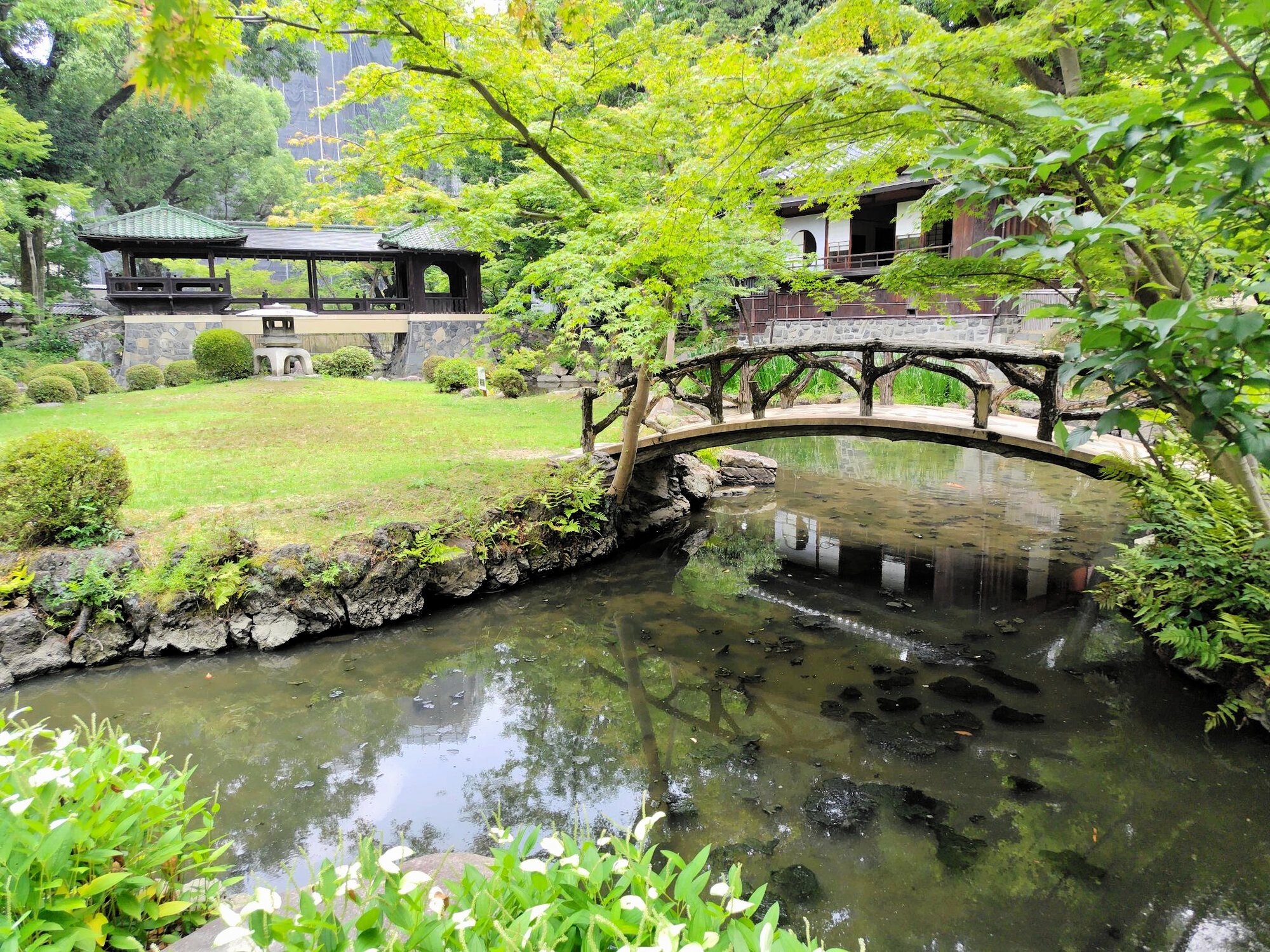The distinguished Matsuzakaya founding family's mansion, a prominent symbol of Japan's retail industry, is facing a surprising environmental crisis as a portion of the property's cherished pond has started to dry up. The occurrence, reported recently, is worrying local authorities and cultural enthusiasts alike as the mansion’s serene ponds serve as a significant historical and environmental feature. Investigations are underway to discern the cause and potential resolutions.
In Japan, maintaining historical and cultural assets is perceived with great sincerity. The Matsuzakaya founding family's mansion, with its picturesque ponds, plays an integral part in Japan's rich narrative. It's not just about safeguarding a piece of history; it's about preserving the harmony between humans and nature, an ingrained cultural value in Japanese society. Thus, the partial drying up of the pond is considered a significant event stirring both concern and media interest.
Preserving historical landmarks is equally paramount in countries like the US or EU, and each has its unique set of challenges. However, the intervention generally involves government and private bodies dedicated to history and culture preservation. Often these include regular checks on structural and environmental soundness, preventive measures, and suitable interventions when situations like this arise.

